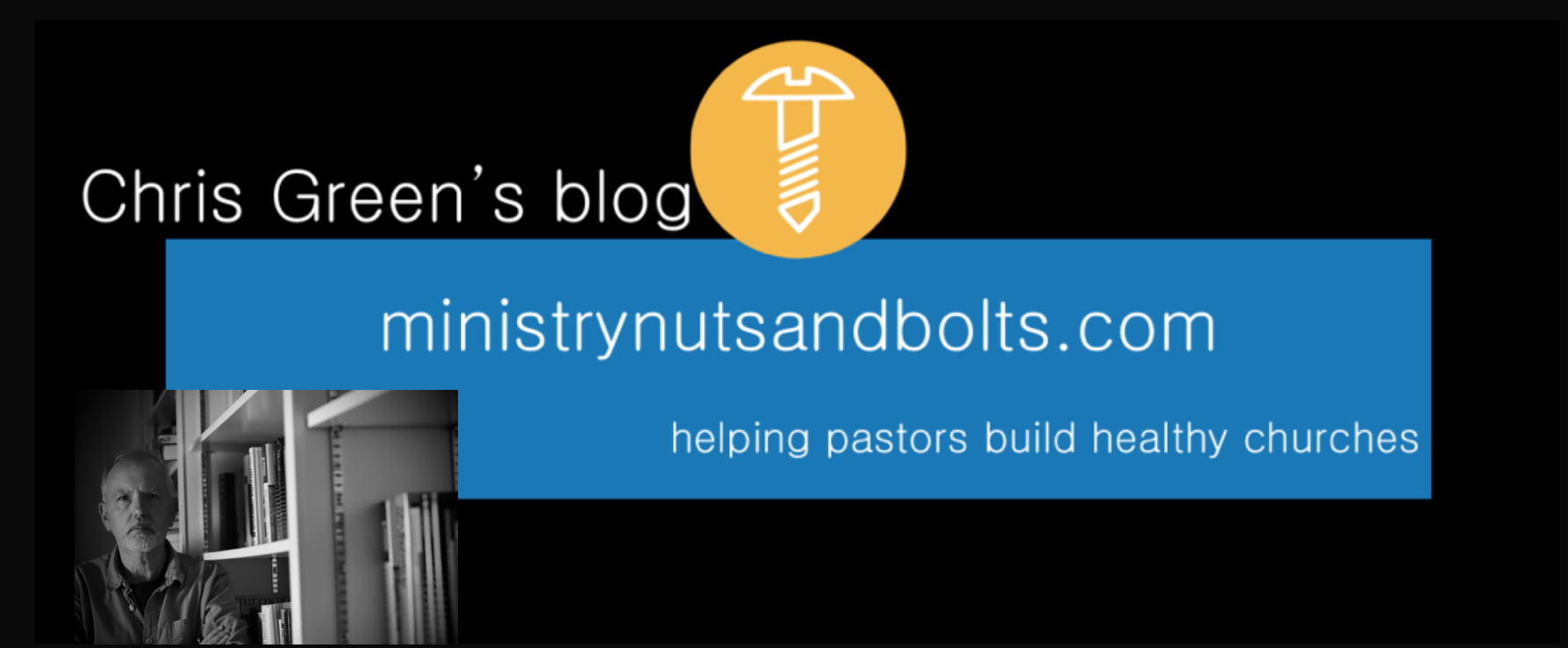The military has an acronym: VACU. Meaning, a context which is unusually Volatile (change happens unexpectedly and rapidly), Ambiguous (it’s hard to work out what a particular event actually means), Complex (there are a number of factors in play, not just one decision, and those decisions are difficult), and Uncertain (who saw this one coming? And what will the next one be?).
We’re in a global VACU time. Each of our national leaders is having to juggle those realities daily, if not hourly. The best prepared are leaning on those who have modelled such crises for years. The least prepared are making it up as they go along.
But we’ve never been expected to have to handle this as church leaders. You might have (as we have) some general guidelines of what to do in a sudden emergency, but this is different.
Leading church just got a lot harder. Although we can still say that ‘prayer, and the ministry of the Word’ remain central, we are all having to evaluate how we deliver those in constantly changing circumstances.
And if you’re like me, this is tiring. Tiring because everything we do needs evaluating, in the full knowledge that next week it will need reevaluating.
Model trust in God’s sovereign goodness
This is our time – we need to speak truth, faith and encouragement into a time of uncertainty.
Tweet
This is our time – we need to speak truth, faith and encouragement into a time of uncertainty. The sheep need to hear from their under-shepherds. So, preach the gospel with new freedom, while we can. I’ve started to record some short videos (3-4 mins) as weekly updates, and filming because I think people shut in at home would rather hear a voice than read an email.
We need to believe our beliefs, and apply them.
Be well informed
Everyone else has to have an opinion on the virus and the best way to behave.
Don’t. Unless you’re medically qualified, it’s unlikely you’ll have a better opinion than your government. And avoid those silly conspiracy theories. Take the best advice out there about what to do.
Because you are going to have to make decisions that no government minister will make for you. Will you stop services? If you stop holding services now, when are you going to start again? How will you decide? If the advice is to ban meetings of over 500, how does that help a church of 250?
You’re going to need to think calmly under pressure.
And the next week, think again.
Dump non-essential and highest-risk activity
You’ve probably started this already, and it is going to continue for a season. Parents and toddlers, concerts, older-folks groups. They’re shutting down around the globe.
Let me give you the good news: it’s about to get easier. You only have to make those decisions once, until you decide to turn them on again. You might already have discovered that this week feels different to last week.
You’ll need to innovate now. Keeping in touch with the age group that isn’t online. Keeping contact with the fringiest of the fringe.
But, you have the space to do so.
Delegate authority
One reason I found the first half of last week so exhausting was the constant question, ‘What should I do about…?’ To which the honest – and right – answer is ‘I don’t know, what do you recommend?’
So I set an email round our team, suggesting that they stopped asking that question. Instead, go to their line manager saying, ‘Here’s the issue, and I propose to do X’ – assuming that the reply will be affirmative and supportive.
Talk to one another
We all need to tool up and innovate simultaneously, which is hard. So keep your team talking to each other, even if they are working from home. Get them looking at what other churches are doing, and share ideas. Find the best websites on live-streaming, online giving or whatever and share it round. Don’t assume you need to come up with everything.
And that constant talking is a sign of a healthy, interacting team, stepping up to a new level.
Ask the unaskable question
One element of leading through uncertainty is always to ask, ‘What does this make possible?’ If what can’t gather to pray, how shall we use some of those apps we’ve never really pushed on? How can we improve our pastoral care? Beefing up the website?
Now the risk is that suggesting that makes you look like a foolish optimist, and as any fan of Jim Collins will tell you, one fatal mistake is to refuse to confront brutal reality. You must take this virus seriously, and you must act responsibly.
But we are facing weeks if not months of new reality, and we shall have many days where we have unexpected space to think, pray, read, re-imagine and discuss. Take it. Don’t waste it on ‘how we used to do it’, because that has gone, for a season at least.
Be unmissably clear
From time to time you hear those military types giving a press conference or an interview, and you’ll have been struck by their clipped way of speaking. In a very few words, they analyse the problem, outline the solution, and encourage their people to act. Even when the issues are complex and the briefings long, the style is the same.
Short sentences, crips words, and great clarity.
Now the chances are you’re probably having a lot more meetings, where you’re asking each other things you’ve never had to consider before. Where do we source the hand gel? Are the bibles clean? Can we actually continue as a church here?
End each meeting with those two questions: ‘What’s the next action?’ And ‘Who else needs to know?’ No-one gets out of the room until you’re all agreed.
Tweet
End each meeting with those two questions: ‘What’s the next action?’ And ‘Who else needs to know?’ No-one gets out of the room until you’re all agreed.
And then, as you talk to your church, be warm, be positive, and be clear. Remember, we speak in the name of a living God, before whom nothing is Volatile, Uncertain, Complex or Ambiguous. Speak in his name to his people.





Thank you Chris. I needed to read this today.
Thanks, Tim. Keep safe.
Really helpful, thanks Chris. Hope you’re doing well 🙂
Got the bug, but doing well. Great to hear from you – how’s the fam?